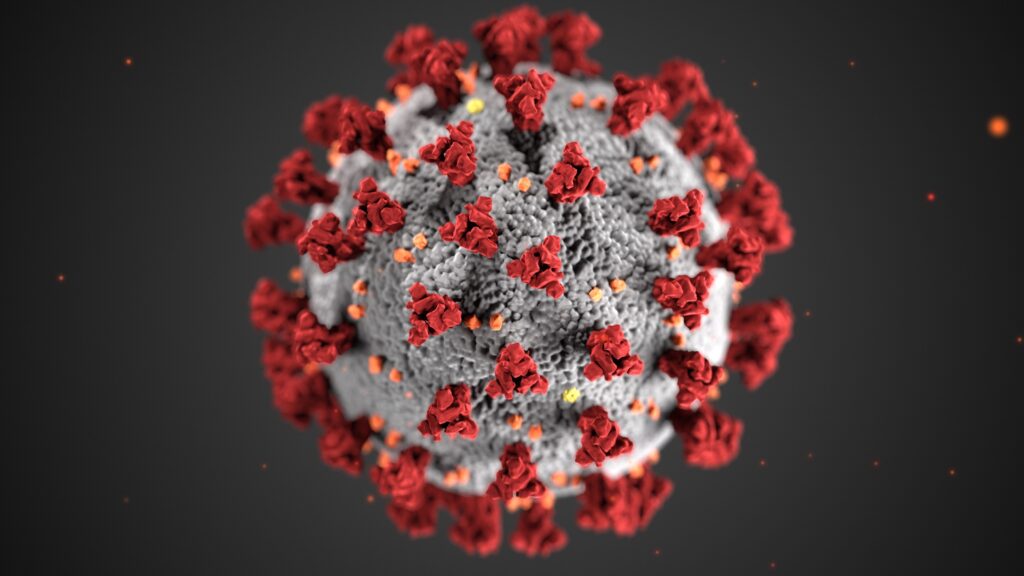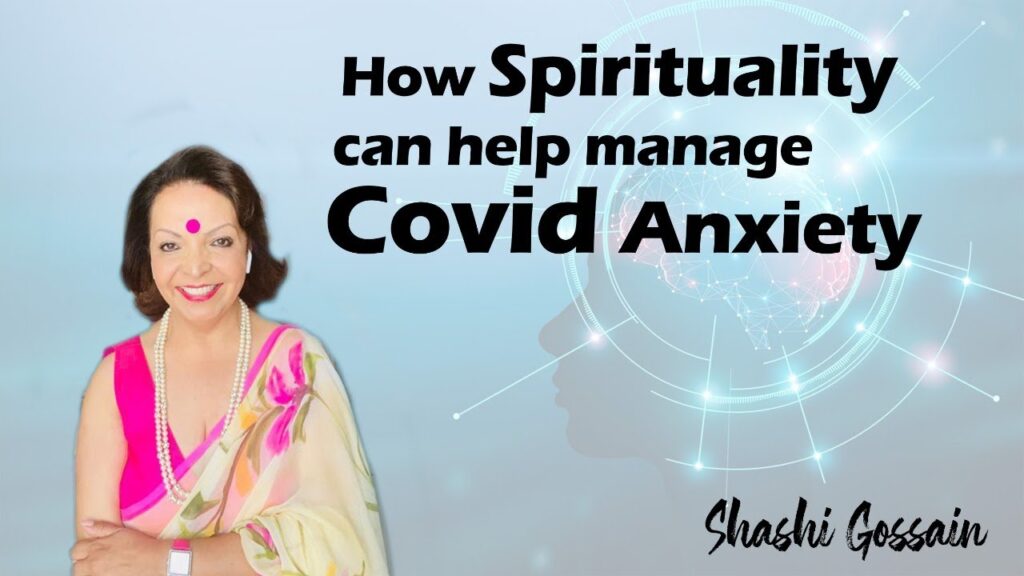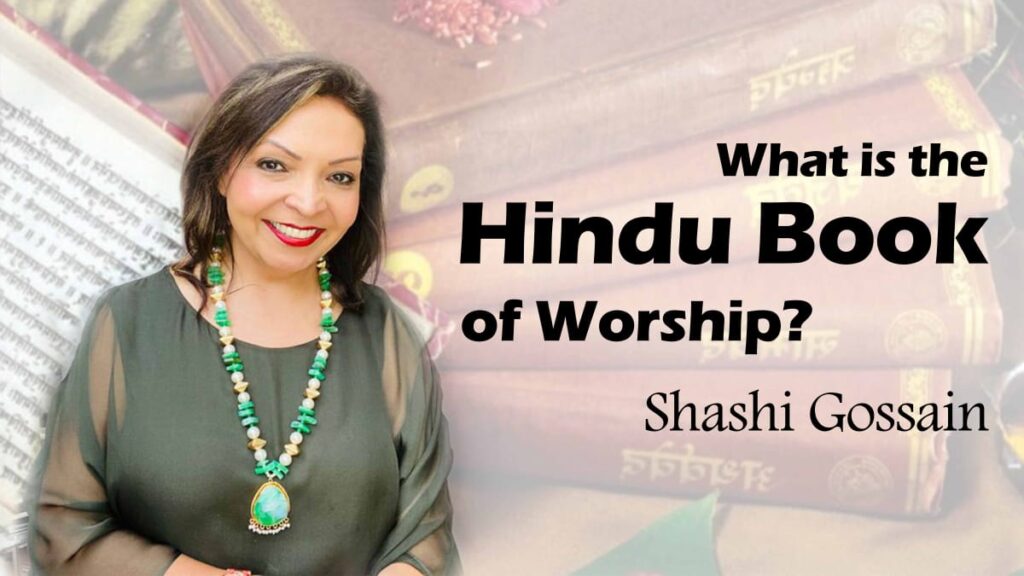How spirituality can help to manage covid anxiety?
There’s a global pandemic with one evil, COVID-19 or coronavirus, which originated from Wuhan city in China in November 2019.

There is overwhelming stress & anxiety in the world with canceled surgical operations, weddings, & other social events & indeed about how life will look even tomorrow.
Hinduism is not a single religion. It is a combination of various cultures, traditions & philosophy. It is a way of life. Our ancient scriptures, The Vedas clearly stated the principles of how we should live in order to evolve spiritually & emotionally & helped us fight against all sorts of evils, both mental and physical.
Stricter following of Hindu spiritual teachings & hygiene practises can help overcome this anxiety. At present, COVID-19 is largely affecting people with low immunity levels. With a healthy mind, body and soul, it aims at releasing all stress and tensions to boost our ability to fight off diseases.
Accept your feelings
We are tempted to push away our feelings of loneliness, anger or fright, as they bring discomfort. However, until we’re able to process and accept how we’re feeling, we can’t move on.
Suppression of feelings will lead things to bottle up, with other consequences later.
When you accept yourself & your feelings, they pass? Emotions are like waves. They will soon go.
- Understand what can and can’t be controlled
The Bhagavad Gita can be a particular source of comfort at this time.
Arjun’s too felt overwhelmed by the circumstances he was in, and Krishna encouraged him to let go of the fruits of his actions, while doing the right thing.
Our dharma today is to follow the government guidelines to protect ourselves & our communities, despite the sacrifices required.
Some of us will have to make difficult decisions that have an impact on the people around us e.g., if we are business owners. But keeping the principles of dharma can help us.
- truth
- non-harming
- compassion
- non-greed
- What can be controlled?
We can control our physical, mental, & spiritual levels. It’s important to keep to a routine. Exercise & healthy food is essential. Try new activities with the extra time.
- What can’t be controlled?
We need to let go of that which is not in our control. Hindu teachings and spiritual practices offer many ways for us to bring ourselves back to the here and now, and release ourselves from the pain of the past & anxiety about the future. Meditation & yoga are excellent to ground yourself in the moment.
- Devotion:
- Puja is excellent to de-stress. The smell of incense, the sound of a bell, deities, the sensation of bringing our palms together, and the taste of prasad in our mouths are shown to be soothing.
- Devotional music, dance & rangoli art can also help.
- Reading scriptures for intellectual stimulation.
- Karma yoga: selfless action, can bring particular peace at these times e.g., check on vulnerable neighbours & donate supplies.
- Although temples may have restrictions, through modern technology e.g. zoom satsangs, devotees can help people feel spiritually connected.
- Limit activities that disturb peace e.g. repetitive news, read less about covid articles. Pay attention to how you feel when you do intake news versus when you are able to create boundaries for yourself, and you’ll find it easier and easier to stick to them.
- Access Resources and Help if you feel like you can’t control your racing thoughts, and are experiencing physical symptoms of anxiety like sweating palms or shallow breathing, its best to speak to a professional Therapists.
Although therapists are neither gods nor gurus, but their training does allow them to provide a function that’s always been valued in our faith: the space to slow things down, process how you’re feeling, and to come to a clarity about what you need and how to get it.
What does Hinduism say about cleanliness?

Ancient Hindu practices:
- Do not touch anything or anybody when we return from a funeral.
- Avoid shaking hands. Namaste is the traditional greeting, which means, I bow to you. It is an embodiment of spreading love and friendship.
- Washing hands and keeping them clean on a regular basis. It is necessary to wash hands every hour or two, before and after meals, after touching any surface or a person at a public place, etc.
- Remove footwear at the entrance of the house.
- Why a mandatory 10 days isolation was required when there was a death in the family.
- Why households must not cook if there’s a dead body inside the house.
- Why once you have had a bath, you were not supposed to physically touch those who were still to take bath.
Maintaining physical hygiene, social distance & cleanliness is paramount in Covid crisis. These were documented in our Vedas over 3,000 years ago.



